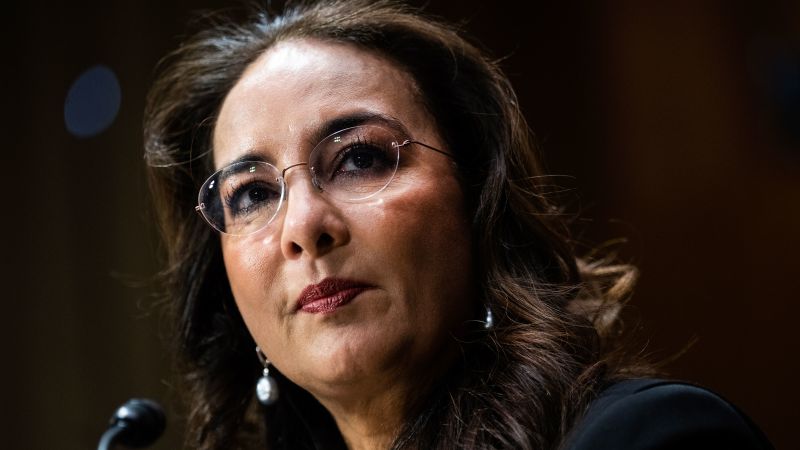The recent developments within the Justice Department’s Civil Rights Division, under the leadership of Assistant Attorney General Harmeet Dhillon, have sparked significant attention. Approximately 70% of the division’s staff, which comprises around 340 personnel, are expected to accept an offer allowing them to resign while continuing to receive pay through September. This information comes from a reliable insider source who spoke on the condition of anonymity. The deadline for employees to accept this offer was set for Monday night, and Dhillon reported that over 100 attorneys had already agreed to resign, with projections suggesting the final figure could exceed 200.
This shift marks a considerable exodus within the division, prompted by a broader agenda to transform the unit in alignment with the priorities of the Trump administration. These changes include dismantling existing diversity, equity, and inclusion initiatives, reversing policies related to transgender rights, and confronting antisemitism. Historical patterns indicate that under Republican administrations, the functions of the division often diminish, but the current situation promises to reverse that trend, making it one of the most active entities at the Trump Justice Department.
Despite the looming layoffs, the Justice Department has refrained from commenting on these resignations. In a conversation with conservative commentator Glenn Beck, Dhillon conveyed her perspective on the situation, stating that many attorneys chose not to comply with the expectations of their roles. She expressed that it is preferable to have individuals in the federal government who align with her views, emphasizing that the mission of the Civil Rights Division should focus on enforcing laws rather than propagating what she perceives as “woke ideology.”
Dhillon herself sees this transition as an opportunity to reshape the department’s mission. She asserted the need to replace those who would perpetuate a traditional focus on discrimination against minority groups with a mandate aimed at addressing anti-Christian bias, antisemitism, and combating woke cultural trends. The recent shifts within the division reflect a broader ideological clash surrounding civil rights enforcement and the interpretation of such laws.
Appointed by President Trump, Dhillon is a prominent conservative San Francisco attorney who has made it clear that she intends to dismantle key civil rights initiatives established under the Biden administration. In her words, while she has not personally initiated any firings since taking her post, she conveyed a strong message that the division’s priorities would differ markedly from those in previous administrations. This intention was clearly articulated in internal memos directed to the 11 sections of the Civil Rights Division, outlining anticipated changes in focus.
As discussions continue surrounding the transition of leaders and policies, the implications of these changes on the functioning of the Civil Rights Division remain to be seen. In December, when Dhillon was announced as the nominee to lead the division, President Trump spoke glowingly of her past work. He praised her for taking action against corporations that employ woke policies, framing this as a critical aspect of her commitment to civil liberties.
Dhillon’s approach to her role promises to significantly alter the landscape of civil rights enforcement in the United States. By stressing a balance between maintaining civil rights for all, specifically focusing on perceived biases against Christians and combating antisemitism, she aims to carve out a new identity for the division that aligns with her beliefs and the Trump administration’s strategy.
In summary, the developments within the Justice Department’s Civil Rights Division represent a crucial pivot in federal civil rights enforcement and the larger ideological battle surrounding it. Whether these shifts lead to a productive redefinition of civil rights priorities or result in further division will depend on the unfolding months as the new administration’s policies take hold.



